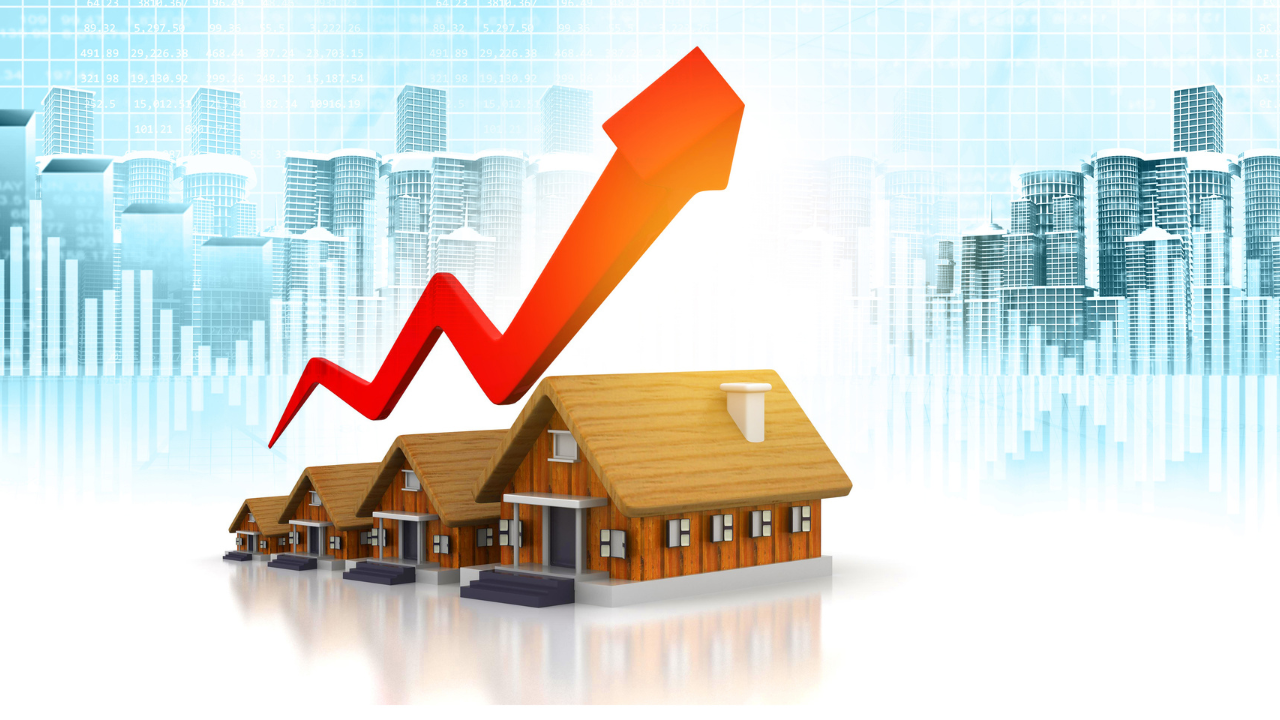Let’s be real—home prices have become one of the hottest topics around dinner tables, in real estate offices, and even in Uber rides. Whether you’re thinking of buying, selling, or just watching from the sidelines, you’ve probably asked yourself: “Are home prices going up, or are we in for a drop?” Let’s break it all down in simple terms.
Understanding the Real Estate Market Basics

What Drives Home Prices?
At its core, the housing market works a lot like any other marketplace. When demand is high and supply is low, prices rise. When demand weakens and supply grows, prices drop. But of course, it’s never quite that simple.
The Role of Supply and Demand
Inventory—aka how many homes are available—is a massive player in price movements. If there aren't many homes for sale but lots of buyers in the market, prices tend to shoot up. On the flip side, when listings flood the market, buyers get picky and sellers often reduce prices.
Economic Indicators That Matter
Things like GDP growth, job numbers, and wage trends all feed into home price forecasts. If the economy’s doing well, people feel more confident making big purchases like homes. If layoffs hit or inflation spikes, buyers pull back—and prices can dip.
Pandemic Fallout: Boom or Bust?
A Look Back at 2020–2022
Remember the early pandemic panic in 2020? Everyone thought housing would crash. Instead, the market exploded. Why? Historically low mortgage rates and a sudden need for more space (hello, home offices!) sent buyers into a frenzy.
The Rise of Remote Work and Migration
With remote work becoming a norm, people ditched city apartments for suburban or even rural homes. This reshuffling drove price increases in areas that previously saw slow growth—places like Boise, Austin, and Tampa.
Inventory Squeeze and Its Aftermath
As demand surged, new construction couldn’t keep up. Builders faced labor shortages, rising material costs, and zoning delays. Meanwhile, many homeowners stayed put, tightening resale inventory and pushing prices even higher.
Where Are We Now in 2025?

Market Cooling or Stabilizing?
Fast forward to today: mortgage rates have climbed, affordability is stretched, and buyers are more cautious. The market isn’t crashing—but it’s cooling in many areas. Some call it a stabilization, others a slow-motion correction.
Are Prices Still Going Up?
In many regions, prices are flat or slightly rising, but the double-digit annual gains we saw in 2021? Those days are behind us—for now. It’s all about slower growth, not a reversal (unless a big shock hits the economy).
What Experts Are Saying
Economists from Fannie Mae and CoreLogic predict mild national appreciation between 2–4% over the next year. But they also stress that local dynamics vary wildly. The key? Watch jobs, inventory, and interest rates.
What Could Happen in the Next 12–24 Months
Scenario 1: A Gentle Decline
If inflation sticks around and rates stay high, buyers may hold off. That could push sellers to lower prices, especially in overvalued markets. Think of it as a healthy correction, not a crisis.
Scenario 2: The Market Holds Steady
A “sideways” market means prices neither drop nor spike—they just hover. It’s the most likely outcome if rates plateau and supply remains tight. It’s boring, but it’s also stable.
Scenario 3: A Surprising Uptick
Should mortgage rates fall or if there’s a new wave of first-time buyers, demand could rise again, sparking modest price growth—particularly in affordable metros with job growth.
Regional Variations: It’s Not One-Size-Fits-All

Hot Markets vs. Cooling Markets
Markets like Miami, Las Vegas, and Phoenix are showing signs of softening after massive run-ups. Meanwhile, Midwest cities like Indianapolis and Columbus remain surprisingly strong due to affordability and job growth.
Urban vs. Suburban Trends
Downtown high-rises are still trying to bounce back post-pandemic, while suburbs and smaller towns continue to attract buyers seeking space and value. The “urban exodus” might not be over yet.
Factors That Could Shift the Forecast
Interest Rates and Fed Decisions
Interest rates are the single biggest wildcard. A drop in mortgage rates could fuel another mini-boom. But if they stay elevated, it’ll likely cap how much buyers can afford—keeping a lid on prices.
Government Policies and Housing Incentives
Programs offering down payment assistance, tax breaks, or zoning reforms could boost supply or stimulate demand. Watch your local laws and proposed housing bills.
Global Economic Factors
Don’t forget the broader picture. Recessions, wars, oil shocks, or supply chain disruptions all ripple into the housing world. Global uncertainty = local caution.
Should You Buy, Sell, or Wait?

Tips for Homebuyers
If you’re financially ready and planning to stay put for at least 5–7 years, now could be a great time. Less competition means more negotiating power. Just don’t stretch your budget for fear of missing out.
Advice for Sellers
You may not get 2022 pricing, but that doesn’t mean you’re out of luck. Well-priced homes in desirable areas still sell fast. Presentation matters—invest in curb appeal, staging, and great photos.
Conclusion
The truth is, no one has a crystal ball. But by staying informed, watching your local market, and making decisions based on your personal goals—not media hype—you’ll be just fine. Real estate is a long game, not a day trade.
FAQs
1. Will home prices drop significantly in 2025?
Unlikely on a national scale. Some overpriced areas may see slight dips, but overall, the market is expected to hold steady.
2. Is it a good time to buy a house right now?
If you find the right home and plan to stay for several years, yes—especially with less buyer competition and room to negotiate.
3. How do rising interest rates affect home prices?
Higher rates reduce buying power, which can dampen demand and put downward pressure on prices over time.
4. Are housing markets still booming anywhere in the U.S.?
Some smaller cities with strong job markets and low home prices—like Louisville or Des Moines—are still seeing solid activity.
5. What should I consider before selling my home in this market?
Focus on pricing it right, making smart upgrades, and marketing it effectively. Overpricing is risky in a cooling market.

.png)
